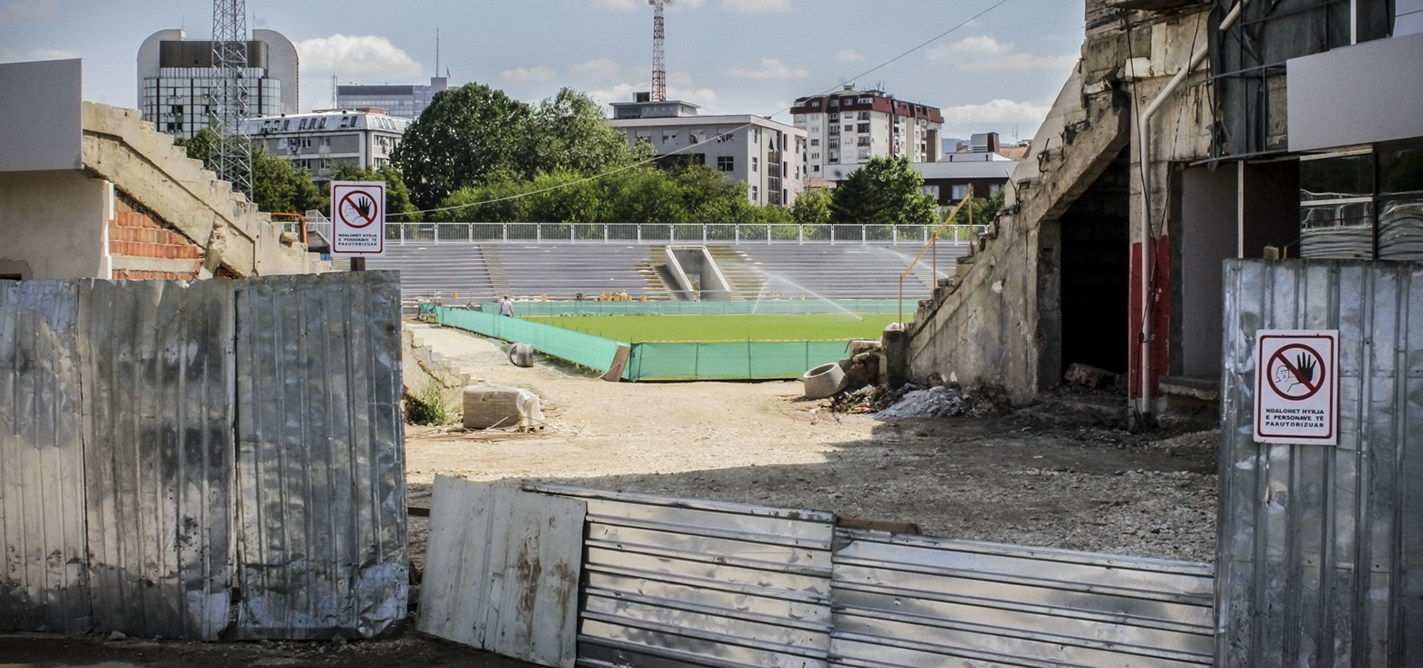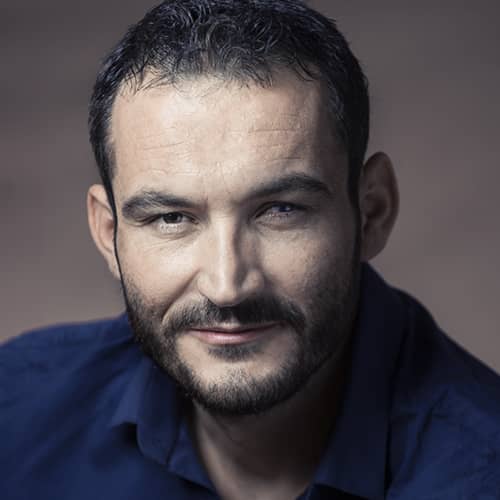
Political crisis costs
Kosovo missing out during post-election delays.
|24.08.2017
|
“The problem is that citizens are not alarmed, because if they were, no government would dare to break agreements of tens of millions with the IMF and the EU.”
Agron Demi, GAP Institute.A useful excuse?
"Many laws are on hold or being pushed from one year to another.”
Artan Murati, KDI.
Eraldin Fazliu
Eraldin Fazliu is a former journalist at Kosovo 2.0. Eraldin completed his Master’s on ‘European Politics’ at the Masaryk University in the Czech Republic in 2014. Through his studies Eraldin became interested in the EU’s external policies, particularly in promotion of the rule of law externally. He is a passionate reader of politics and modern history.
This story was originally written in English.